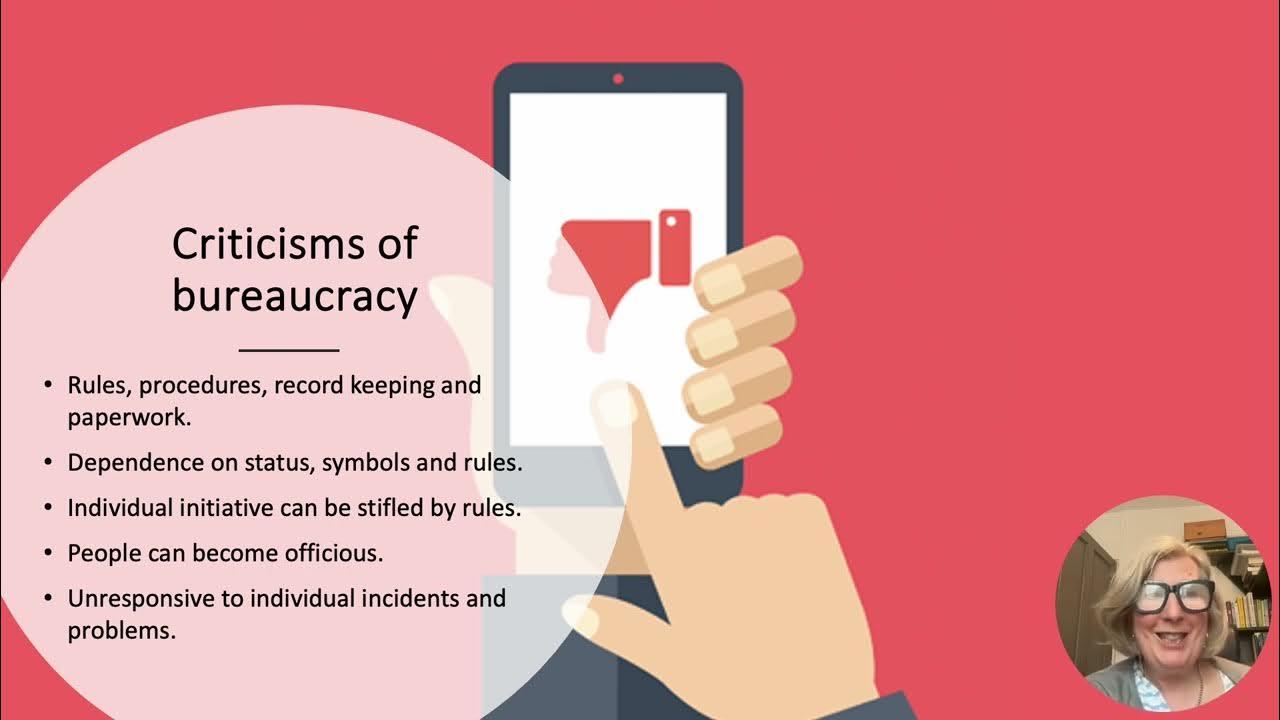PoM I Unit 1I Evolution I Kareena I Video 2 I Evolution
Summary
TLDRThis session explores quantitative theory, contingency approaches, and modern management principles. It highlights the use of mathematical and statistical techniques in management for systematic decision-making. The contingency theory emphasizes the need for adaptable management strategies based on unique organizational circumstances. Modern management theory, including total quality management, lean management, agile management, and ethical leadership, is discussed as essential for navigating the contemporary workplace.
Takeaways
- 📊 Quantitative Theory in management and economics emphasizes using quantitative methods and data analysis for decision-making and problem-solving.
- 🔢 Quantitative management techniques include operations research, queuing theory, linear programming, simulation, and statistical analysis.
- 📈 Quantitative economic theory involves mathematical models and statistical methods to study economic phenomena and make predictions.
- 🤖 The contingency approach suggests that there is no one-size-fits-all solution in management; the best approach depends on the specific situation and context.
- 🔄 Flexibility and adaptability are crucial in the contingency approach, as managers must adjust strategies and structures according to changing circumstances.
- 📏 The contingency approach identifies variables such as organizational size, technology, and environmental uncertainty that influence management effectiveness.
- 💼 Modern management theory includes concepts like Total Quality Management (TQM), Lean Management, Agile Management, and Strategic Management.
- 📋 TQM focuses on continuous improvement, customer satisfaction, and employee involvement.
- 🛠 Lean Management aims to eliminate waste, improve efficiency, and maximize value for customers.
- ⚙️ Agile Management emphasizes flexibility, collaboration, and iterative development, particularly in software and project management.
- 👥 Modern management also stresses employee empowerment, engagement, and ethical leadership to foster a positive work culture and achieve organizational goals.
Q & A
What does the term 'quantitative theory' refer to in the context of management and economics?
-In the context of management and economics, 'quantitative theory' pertains to theories that emphasize the use of quantitative methods and data analysis to understand and explain phenomena. It involves the application of mathematical and statistical techniques to management processes and decision-making.
How does quantitative management theory aim to improve management practices?
-Quantitative management theory aims to make management more systematic and objective by using data-driven methods to analyze problems, optimize processes, and make informed decisions.
What are some examples of quantitative management techniques?
-Quantitative management techniques include operations research, queuing theory, linear programming, simulation, and statistical analysis.
How does quantitative economic theory differ from quantitative management theory?
-Quantitative economic theory refers to the use of mathematical models and statistical methods to study economic phenomena such as production, consumption, investment, and market behavior, whereas quantitative management theory applies these techniques to management processes and decision-making.
What is an example of a prominent quantitative economic model?
-Econometric models, which use statistical techniques to analyze economic data and test hypotheses, are a prominent example of quantitative economic theory.
How does the contingency approach differ from the belief in a 'one best way' to manage an organization?
-The contingency approach, also known as contingency theory, suggests that there is no one best way to manage an organization or make decisions. Instead, the most effective management approach depends on the unique circumstances or contingencies present in a given situation.
What factors does the contingency approach consider when determining the most appropriate course of action?
-The contingency approach considers factors such as the organization's goals, structure, technology, environment, and the characteristics of the individuals involved.
Why is flexibility and adaptability important in the context of the contingency approach?
-Flexibility and adaptability are important because they allow organizations to respond to changes in their environment. Managers should be willing to modify their strategies, structures, and processes as necessary to meet evolving challenges and opportunities.
What are some variables identified by contingency theory that can influence the effectiveness of management practices?
-Contingency theory identifies variables such as organizational size, technology, and environmental uncertainty that can influence the effectiveness of management practices.
What is the focus of total quality management (TQM) within modern management theory?
-Total quality management (TQM) focuses on continuous improvement, customer satisfaction, and employee involvement. It emphasizes the importance of quality in all aspects of organizational operations and seeks to involve every member of the organization in the improvement process.
How does modern management theory address the need for ethical leadership?
-Modern management theory recognizes ethical leadership as a crucial component. Ethical leaders prioritize integrity, fairness, and social responsibility in their decision-making and behavior, setting a positive example for employees and stakeholders.
What are some key components of modern management theory?
-Key components of modern management theory include total quality management, lean management, agile management, strategic management, employee empowerment and engagement, and ethical leadership.
Outlines

This section is available to paid users only. Please upgrade to access this part.
Upgrade NowMindmap

This section is available to paid users only. Please upgrade to access this part.
Upgrade NowKeywords

This section is available to paid users only. Please upgrade to access this part.
Upgrade NowHighlights

This section is available to paid users only. Please upgrade to access this part.
Upgrade NowTranscripts

This section is available to paid users only. Please upgrade to access this part.
Upgrade NowBrowse More Related Video

Modern Management Theory

Sejarah Perkembangan Manajemen dan Teori Teori Manajemen | Topik 2 Pengantar Manajemen

INDU1173 Approaches to organisation and management Lecrure 1

PENGANTAR MANAJEMEN PART #2 - PERKEMBANGAN TEORI MANAJEMEN || JURUSAN MANAJEMEN - Albert Steinado

Unit 1 : Introduction l Part 1 l Management Principles and Application l Semester 1 l B Com Hons l

#1.2 Sejarah Perkembangan Manajemen dari Masa ke Masa
5.0 / 5 (0 votes)